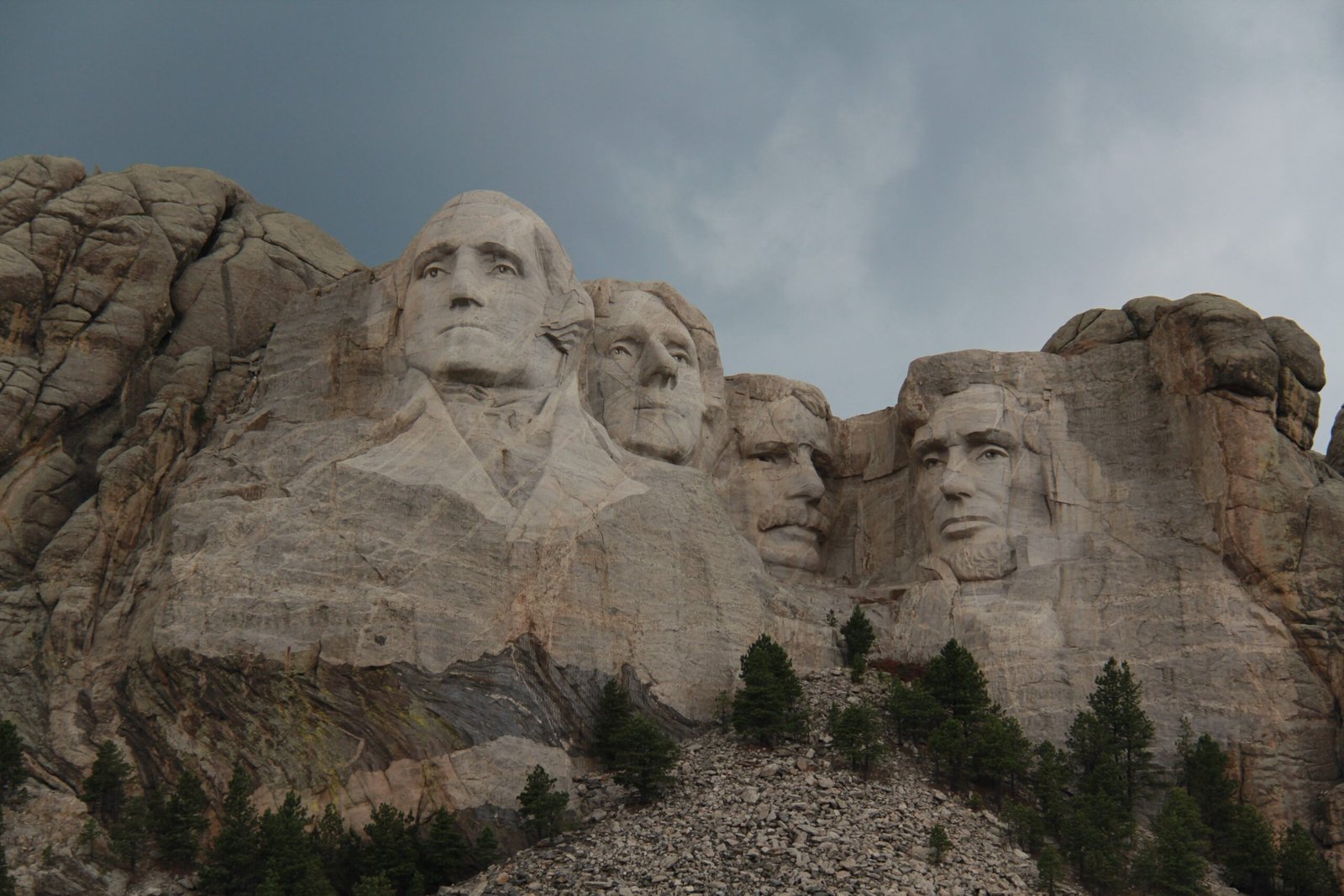Have you ever wondered how the United States of America got its name? Well, let’s take a journey back in time and uncover the fascinating story behind the naming of this great nation.
The Birth of a Nation
Before we dive into the naming process, let’s quickly recap the birth of the United States of America. In the late 18th century, thirteen British colonies in North America joined forces to fight for their independence from the British Empire. This courageous act led to the American Revolutionary War, which eventually resulted in the establishment of a new nation.
The Name Game
So, how did this new nation come to be known as the United States of America? The name actually has its roots in two key elements: geography and political ideology.
The Geography Factor
The name “America” is derived from the Latin version of the name of the Italian explorer Amerigo Vespucci.
The name “Amerigo” has Italian origins, and it is derived from the Germanic name “Amalric” or “Emmerich.” The Germanic name itself is composed of two elements:
- Amal: This element means “work” or “labor.”
- Ric: This element means “ruler” or “king.”
When these elements are combined, “Amalric” or “Emmerich” can be interpreted to mean “ruler of work” or “king of labor.”
In the early 16th century, Vespucci became one of the first Europeans to suggest that the lands discovered by Christopher Columbus were part of a new continent, separate from Asia. His observations and writings played a significant role in shaping the understanding of the New World.
Fast forward to the late 18th century when the colonies were seeking a name for their newly formed nation. The term “America” was already in use to refer to the entire continent, so it seemed fitting to adopt a name that acknowledged the connection to the landmass they inhabited.
The Ideological Influence
The term “United States” was chosen to reflect the political ideology of the newly formed nation. The Founding Fathers wanted to emphasize the unity and cooperation among the thirteen colonies, which had come together to fight for their shared ideals of liberty and independence.
The concept of a federal union, where individual states would retain some autonomy while working together for the common good, was a fundamental principle of the early American government. The name “United States” perfectly encapsulated this vision.
The Evolution of the Name
It’s worth noting that the name “United States of America” wasn’t immediately adopted after the Declaration of Independence in 1776. In fact, it took several years for the name to gain widespread acceptance.
Initially, the country was referred to as the “United Colonies” or the “United Colonies of America.” However, as the Revolutionary War progressed and the idea of a united nation gained traction, the name gradually evolved to its current form.
In other Languages
The name “United States of America” is translated into various languages. Here are translations in some different languages:
- Spanish: Estados Unidos de América
- French: États-Unis d’Amérique
- German: Vereinigte Staaten von Amerika
- Italian: Stati Uniti d’America
- Portuguese: Estados Unidos da América
- Dutch: Verenigde Staten van Amerika
- Russian: Соединенные Штаты Америки (Soedinennye Shtaty Ameriki)
- Chinese (Mandarin): 美利坚合众国 (Měilìjiān Hézhòngguó)
- Japanese: アメリカ合衆国 (Amerika Gasshūkoku)
- Arabic: الولايات المتحدة الأمريكية (Al-Wilāyāt al-Muttaḥida al-Amrīkiyya)
- Korean: 미합중국 (Mihap Jungguk)
- Hindi: संयुक्त राज्य अमेरिका (Sanyukt Rājya Amerikā)
- Swahili: Marekani
- Greek: Ηνωμένες Πολιτείες της Αμερικής (Inoménes Politeíes tis Amerikís)
- Turkish: Amerika Birleşik Devletleri
These translations reflect the linguistic diversity of the world and how the name “United States of America” is adapted into various languages.
A Name for the Ages
The name “United States of America” has stood the test of time and become synonymous with freedom, democracy, and the pursuit of happiness. It represents a nation built on the principles of equality and liberty for all.
So, the next time you proudly declare yourself a citizen of the United States of America, remember the rich history behind the name. It’s a name that embodies the spirit of a nation and the dreams of its people.
And that, my friends, is how the United States of America got its name!

Leave a Reply